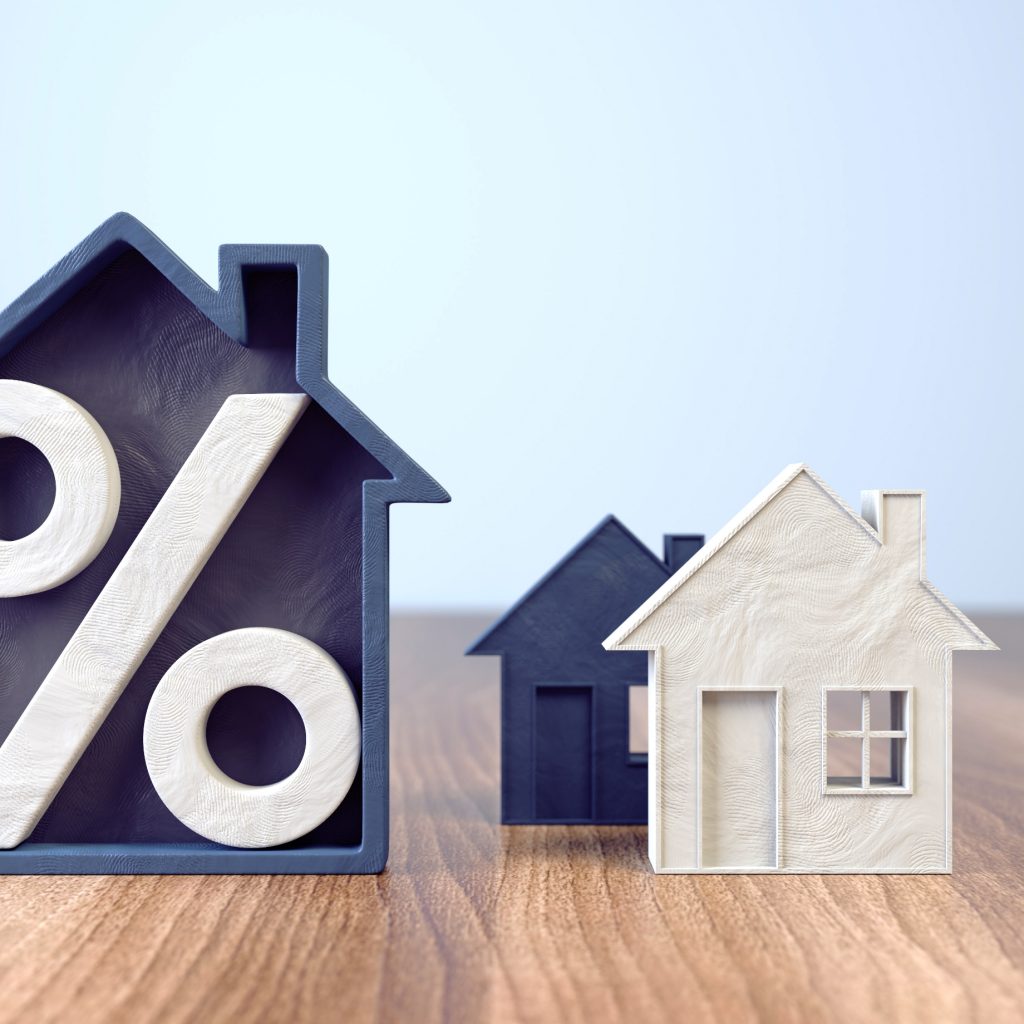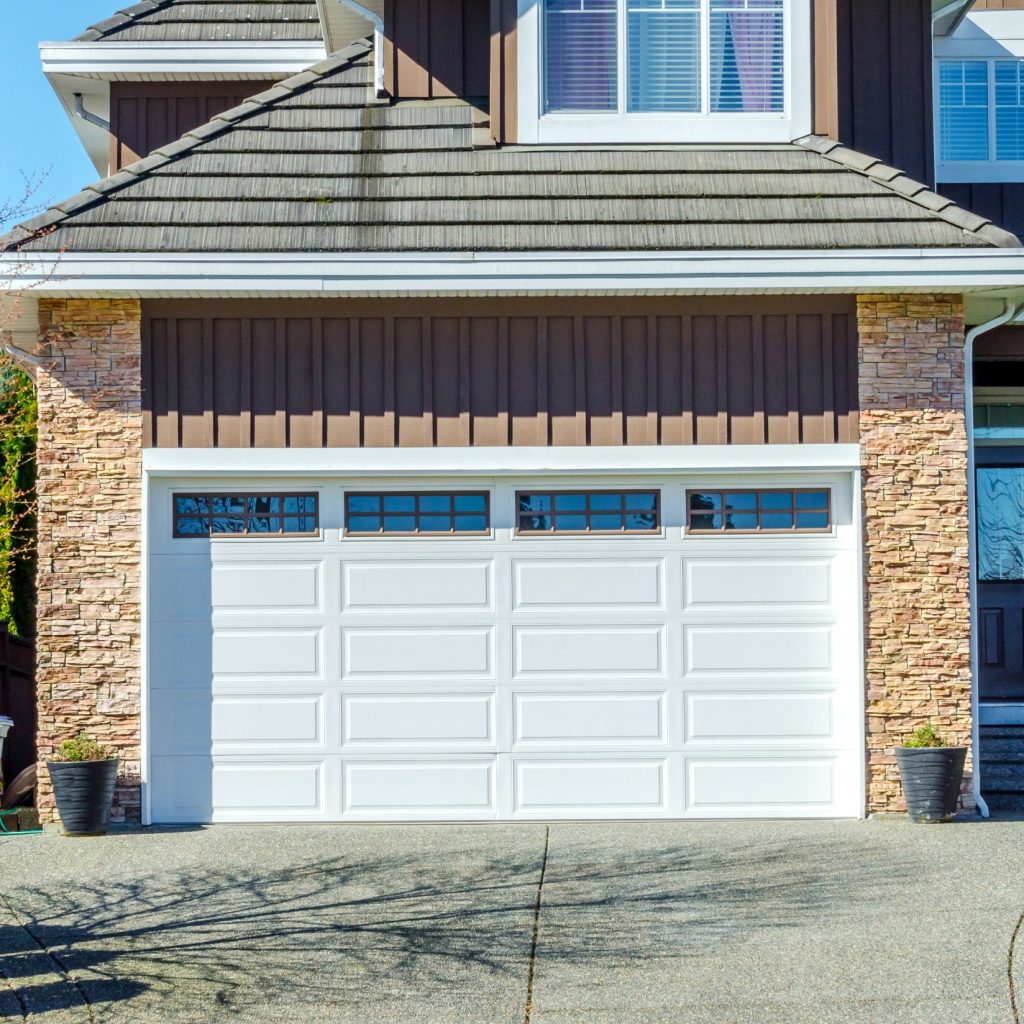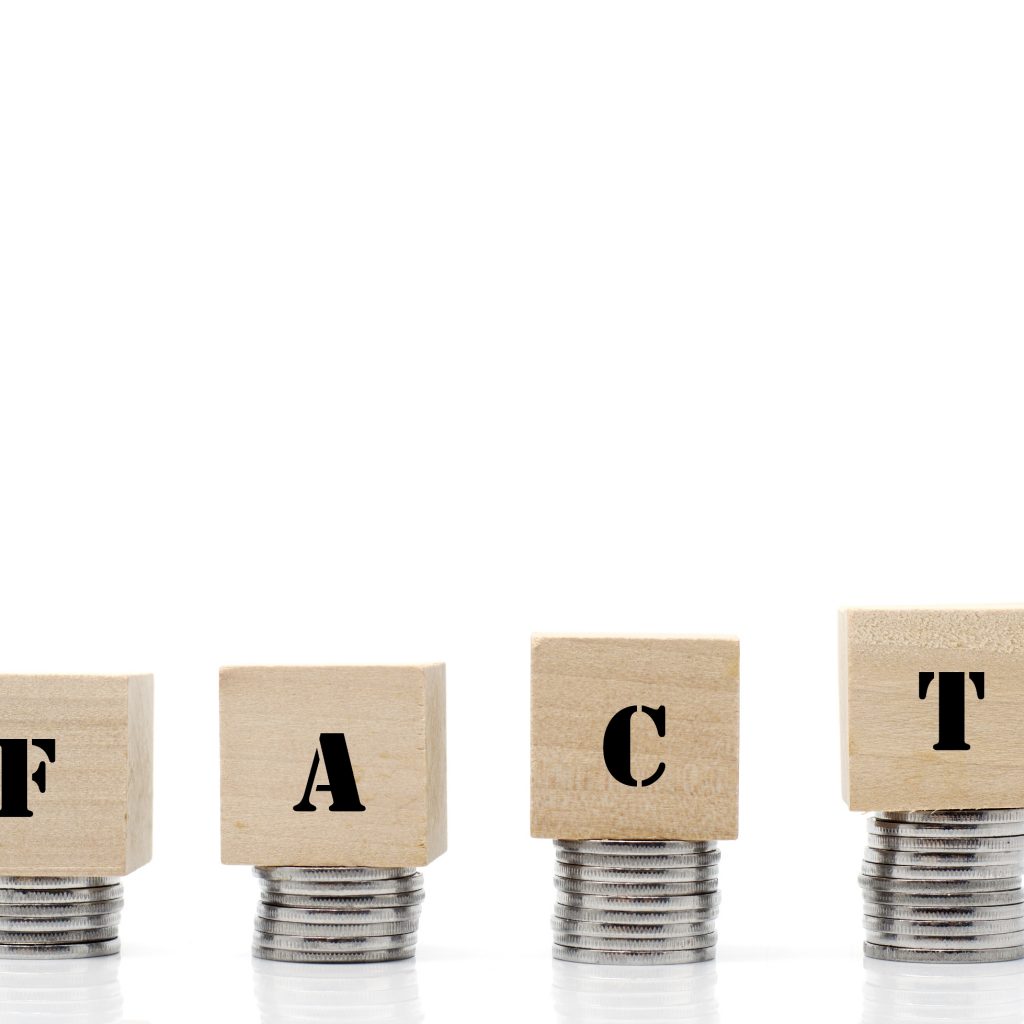
FHA loans are the most popular type of mortgage available for buyers. According to a Bloomberg, the FHA provided for more than 27,000 mortgages and still counting. However, recently, homebuyers have started wondering about the FHA fee or costs. Is the FHA loan really worth it getting for them or should they reconsider their decision?
What is FHA Loan and what are its benefits?
The aim was to help borrowers, especially individuals seeking to buy their first home, to finance the purchase. Given the low requirements needed to qualify for the program, it’s a no-brainer that other conventional loans were not so accessible for them had these government-insured loans through FHA-approved lenders not initiated.
Here’s why going for an FHA loan made sense at the time:
- Required a low down payment. For instance, 3.5% of $250,000 home equals $8750, which is considerably less than the traditional 20% required for conventional loans, equaling a massive $50,000 on the same amount. For first-time homebuyers, it was possible to provide this money. What’s more, you were not stopped from using gifts, community redevelopment program, or down payment assistance grants to make the down payment.
- You could qualify despite a “poor” rating on your credit report.
- There was no income limit to get the loan as long as you were managing to make enough to balance the debt-to-income ratio.
- You were never interested in buying a second rental property anyway and were happy to move to a place that was newly constructed and was a multi-family unit.
Individuals earning moderately, who are likely not to have sufficient funds saved for the bigger down payment, and with a not-so-perfect credit score, would naturally want to shop this opportunity. There are other solutions to consider too, such as the USDA loan or VA loan.
So, what’s the catch?
FHA Fee/ Costs
The US Department of Housing and Urban Development met the increasing demand with a gradual increase in their mortgage insurance premiums. It charged the borrowers with an annual insurance premium of up to 1.35% in addition to the upfront fee of 1.75% charged when the borrower would get the loan. The premium would be added to the monthly mortgage plan devised for the respective borrower.
A conventional loan on the other hand, has no upfront fee and therefore possibly be offering the private mortgage insurance at around half the rate of FHA loans; it’s relative to the individual’s credit score of course. But despite that, one insurer for United Guaranty was of the opinion that the conventional loan would be less expensive in nearly all cases.
It’s the millennial population mainly that’s contributing to the real estate boom. As such, they are probably young families and cannot afford the extra dollars every month, particularly now that you cannot cancel the PMI after having crossed the 20% equity mark. And there’s no way to predict what the FHA premium’s going to cost a few more years down the road.
Do you think FHA loans are less common than they used to be or are they still accessible? Are you – or are you not – considering an FHA loan? What’s your reason?


